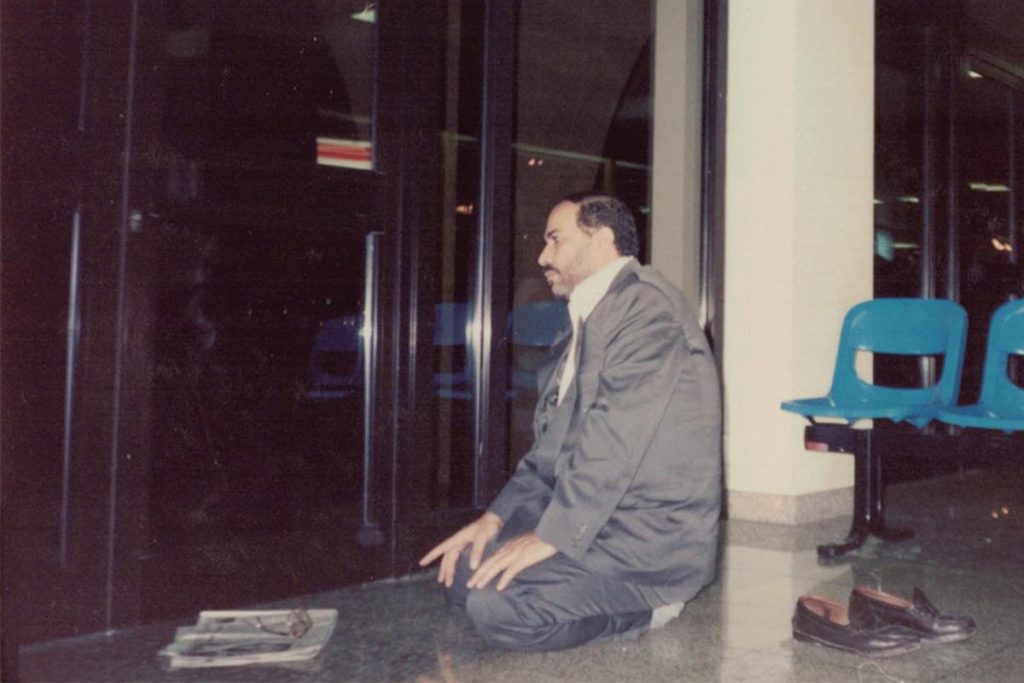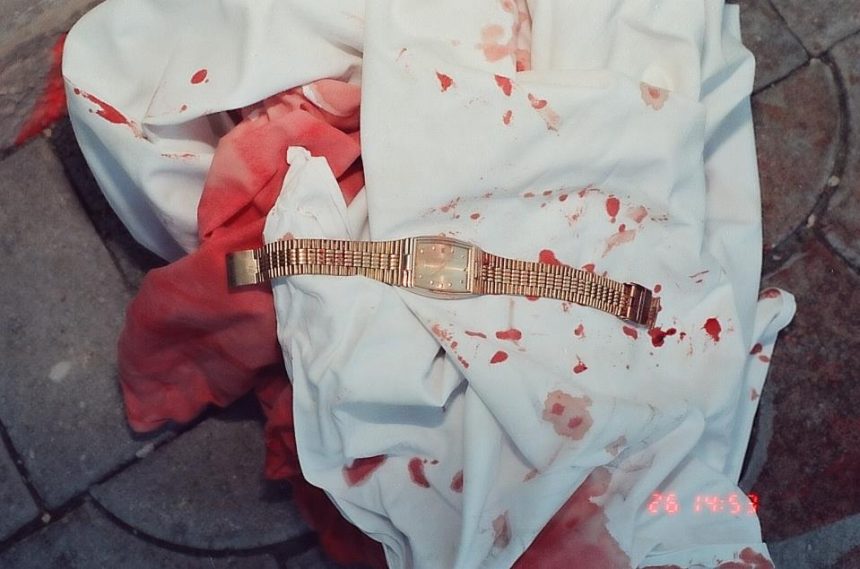On October 26, 1995, a shocking event unfolded on the bustling streets of Sliema, Malta, catapulting the small island nation into the international spotlight. Libyan businessman Ibrahim Ali Al Shawesh was mercilessly gunned down outside The Diplomat hotel. What appeared to be a simple, albeit brutal, case of assassination, swiftly unraveled into a complex web of international espionage and terrorism, revealing the victim’s true identity as Fathi Shaqaqi, a notorious Palestinian jihadi terrorist.
Shaqaqi’s story is a labyrinth of conflict, ideology, and shifting allegiances. Born in 1951, he experienced the trauma of displacement early in life when his family fled Jerusalem for Gaza. An intellectually gifted Shaqaqi graduated from a West Bank university before studying medicine in Egypt. There, his life took a pivotal turn. Drawn to the Muslim Brotherhood, Shaqaqi soon found himself at odds with their non-violent approach to the Palestinian cause. This ideological clash led him back to Palestine, where in 1981 he established the ‘Palestinian Islamic Jihad’ (PIJ).
The ethos of Shaqaqi’s movement was firmly rooted in Islamic teachings, particularly those espoused by Iranian Ayatollahs. This perspective fundamentally rejected the concept of a two-state solution to the Palestinian-Israeli conflict, instead envisioning a unified Arab state in the Middle East, governed by Sharia law. In stark defiance, Shaqaqi declared, “We cannot acknowledge the presence of Israel, because this is against our religious rights. This is Palestine, this is not Israel. This is part of the Arab and Islamic world.”
Shaqaqi’s PIJ was implicated in at least six terrorist attacks between 1989 and 1995, resulting in the deaths of 68 people, predominantly Jewish. This escalating violence led the Israeli secret service, Mossad, to plot his assassination. It’s believed that Shaqaqi’s end was precipitated by betrayal, with only two people privy to his travel plans under an alias.

Shaqaqi’s ties with Libyan leader Muammar Gaddafi were close and potentially pivotal. Discussions to relocate PIJ operations from Syria to Libya, hinted at in documents found in Shaqaqi’s briefcase, spoke of deepening cooperation and financial support. Notably, these plans included attacks on Israelis and even Palestinian leader Yasser Arafat. Following Shaqaqi’s assassination, his widow publicly accused Arafat’s men and the Israeli Mossad of working in collusion.
The revelation of Shaqaqi’s true identity blindsided the Maltese authorities. Israeli Foreign Minister Zammit Dimech, at the time still believed the victim to be a Libyan businessman. Maltese Prime Minister Fenech Adami scrambled to address the media amidst growing international scrutiny.
The repercussions of Shaqaqi’s assassination reverberated beyond diplomatic circles. Libya abruptly suspended travel to and from Malta, significantly impacting Maltese workers in Libya. Tragically, a small plane leaving Malta for Djerba was downed by the PIJ, claiming the lives of three innocent Maltese nationals.
This incident starkly exposed Malta’s perilous entanglement with Libya and the inadequacies of its security apparatus. The island was thrust into a dangerous geopolitical quagmire, a grim reminder of the necessity for vigilance and the unceasing advocacy for peaceful resolutions in global conflicts. Malta, a small nation, found itself at a crossroads of international intrigue and terrorism, underscoring the unpredictable and far-reaching impacts of global events, even on the smallest of states.
Sources
Fathi Shaqaqi, Sep. 1991, as quoted in ‘The Threat of Islamic Foundation’, 1993
Mifsud, J. (1996). Minn taħt L-inċira Publishers Enterprises Group (PEG Ltd.).
Mifsud, J. (1999). Shqaqi – Terrorrizmu Internazzjonali f’Malta. Sensiela Kotba Socjalisti.
Mifsud, J. (2014). Terror’s Footprints – Shadows of International Terrorism over Malta. Kite Group.
Times of Malta (2014). Heirs of Piper Lance victims given €467,200 in damages
Times of Malta (2020) The murder of a jihadist in Sliema
Spiteri, E. (2018). The Assassination of Fathi Shaqaqi: An Analysis of the Case and the reporting by the Media in Malta
Fenech Adami. E. (2014), Eddie My Journey. Allied Publications.


Leave a Reply